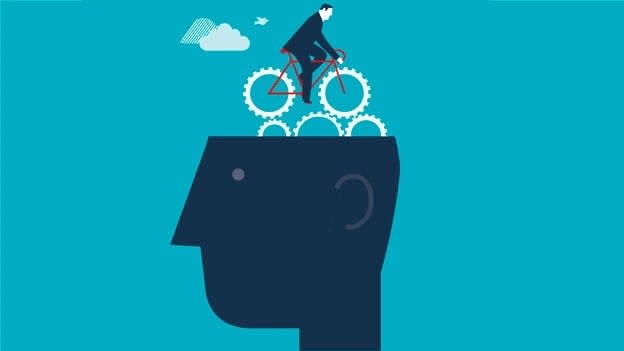Coaching - An enabler of organizational change success

What changes are happening or expected in your organization right now?
How many of you said none? Chances are, most organizations are facing change in some area at any given moment.
These changes may be unexpected or well strategized, planned interventions that will create powerful results for the organization. In either case, success depends on the ability to create behavior shifts that will maximize the positive benefits from the change. Easier said than done!
Over 12 years of organizational change management practice, I’ve discovered behavior shifts aren’t easy and coaching offers a powerful approach to enable them. Consider this, according to many studies of patients who have undergone coronary bypass surgery, only 1 in 9 people, on average, adopt a healthier day to day habits even when new habits can mean the difference between life and death! (schwartz& rock, strategy + business issue 43)
Why are many people unable to create new behaviors and habits despite a genuine need and want to change?
How do we get people to embrace new norms and culture?
What does it take for teams to adopt and persist with the new behaviors?
The root of spontaneous behavior and habits can be found in our neural networks. Think of a neural network as well worn, familiar pathway in the complex maze of our mind. Depending on the trigger or starting point, our response pattern will follow the most worn path. In other words, our response pattern is determined by neural pathways that are stimulated and repeatedly reinforced.
Every time we respond in a certain way, we strengthen that neural network and increase the chances that we will respond in the same way the next time. Just like an often used pathway gets etched deeper and deeper into the ground each time it is walked upon.
Changing or replacing neural pathways is complex and essential to creating behavior shifts. Knowledge alone cannot create the change. Trying to change new neural pathways using knowledge is akin to assuming that drawing a route map on paper will create new paths/roads on the surface of the earth.
Developing new neural pathways is a process that unfolds in layers. I stumbled upon the power of coaching as tool to enable this process quite by accident. I first learnt to coach while employed as the Change Management Lead in a Fortune 50 organization more than a decade ago. The concepts and competencies of coaching have allowed us to craft the methods that enable change success.
Coaching is defined by ICF (International Coach Federation, US) as partnering in a thought-provoking and creative process. The coaching competencies encourage exploration, connecting as an observer, evocative questioning and more. Exactly what we need to further strengthen new learning, new experiences and new neural pathways in the mind.
Effective coaching enables the identification and shifting of world-views. It enables sense-making (Karl Weick) – the process of “structuring the unknown” (Waterman, 1990) by “placing stimuli into some kind of framework” that enables us “to comprehend, understand, explain, attribute, extrapolate, and predict” (Starbuck & Milliken, 1988). These elements are essential for the brain to accept new experiences and take new actions.
Individual, group and team coaching have all contributed significantly to working with change sensitization, reframing resistance and enabling change leadership in organizations. Coaching as an approach not only supports behavior shifts, it enables generative exploration that is critical to succeeding with change.
Most leaders and change agents are aware of the behavior desired to achieve positive change. Coaching and brain science can help them engineer the shift and foster the right behaviors.











